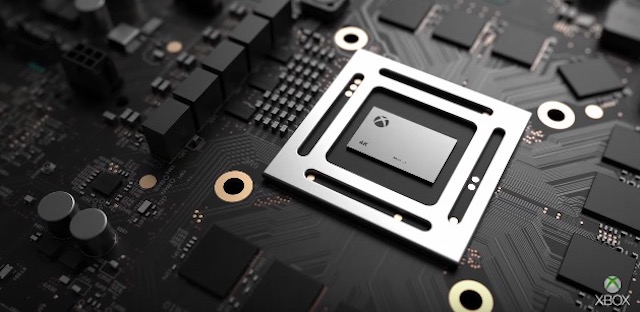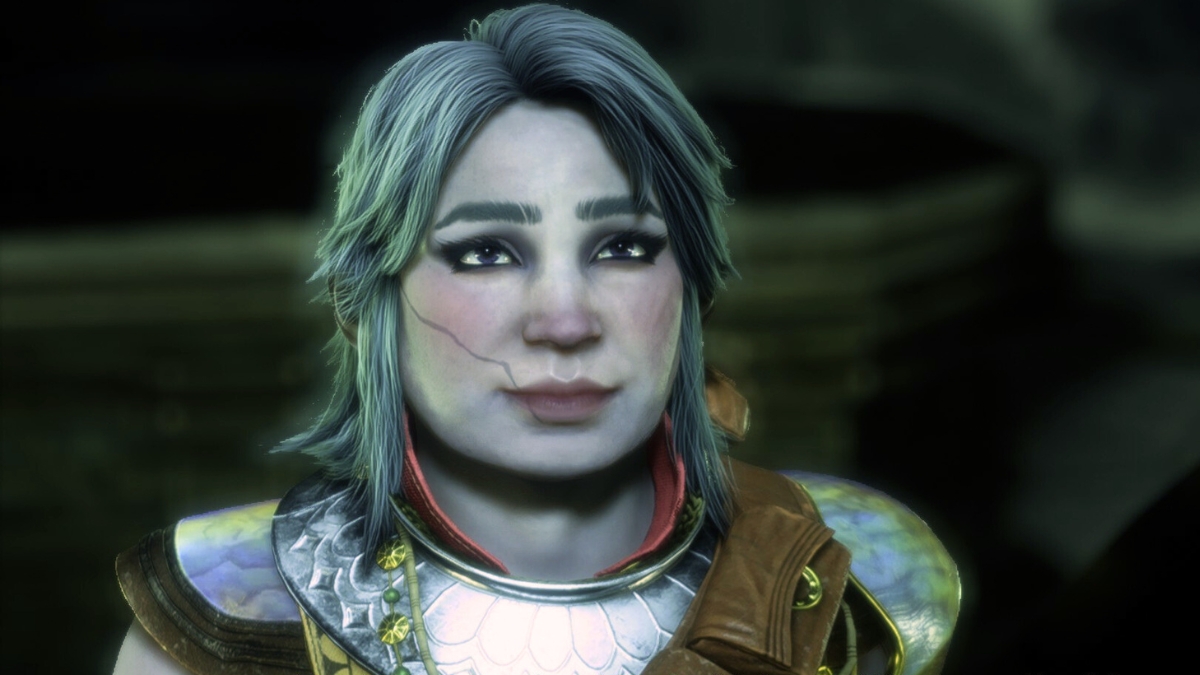Microsoft and Sony both have upgraded hardware on the way for their current consoles, but though their tactics may seem similar, they may be aiming at very different goals. For Microsoft, the upcoming “Project Scorpio” is not just a leap forward in console power but also potentially the end to game console generations as we know them.
At least, that’s how Microsoft’s Head of Xbox Games Marketing, Aaron Greenberg, put it in an interview with Engadget, which is no surprise when you consider just how much it sounds like marketing speak. We’re still going to get periodic hardware updates on our dedicated game boxes—they’re just going to happen more quickly, and the Xbox team wants to soften that blow a bit. When asked about comments (which make an appearance in the Project Scorpio promo video above) suggesting that Xbox One and Scorpio games and peripherals would enjoy cross-compatibility with either console, Greenberg clarified that those statements were true except in the case of VR, which would be exclusive to Scorpio.
Greenberg also said, “For us, we think the future is without console generations; we think that the ability to build a library, a community, to be able to iterate with the hardware—we’re making a pretty big bet on that with Project Scorpio. We’re basically saying ‘this isn’t a new generation, everything you have continues forward and it works.’ We think of this as a family of devices.”
Basically, it sounds like Project Scorpio—and future Microsoft consoles—will make backwards compatibility a key feature in order to make everyone feel included and ease the growing pains of shorter timespans between hardware updates. Those intervals may start to look something more like the ones between smartphone refreshes, rather than video game hardware, based on earlier comments by Xbox’s Phil Spencer. As those refreshes happen, it’s likely we’ll see a similar situation to smartphone games, where each game will have different levels of playability on older devices depending on how much they make use of a new console’s features.
For now, only VR is exclusive to Scorpio, but when the next console update comes around, it’s easy to imagine games that will be playable on both Scorpio and its successor, but not necessarily the original Xbox One. Whether or not that’s something console gamers want, though, is another question entirely. A big difference between console and PC gaming is a general guarantee with consoles that a given game will play at a known standard of performance for anyone who owns the hardware. Any hardware fragmentation dilutes that benefit and risks confusing and frustrating consumers who don’t want the burden of keeping up with which games work on which hardware.
Greenberg admits that this kind of hardware iteration in Xbox’s future is a “big bet,” and promises, “We’re going to learn from this, we’re going to see how that goes.” Backwards compatibility is nice and all, but the idea that it can make up for these new consoles coming out rapidly with games that don’t work—or don’t work as well—on older hardware and somehow keep everyone included is just some marketing sleight of hand.
(via Engadget, image via screenshot)
Want more stories like this? Become a subscriber and support the site!
—The Mary Sue has a strict comment policy that forbids, but is not limited to, personal insults toward anyone, hate speech, and trolling.—
Follow The Mary Sue on Twitter, Facebook, Tumblr, Pinterest, & Google+.









Published: Aug 17, 2016 04:17 pm